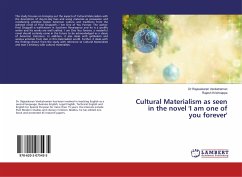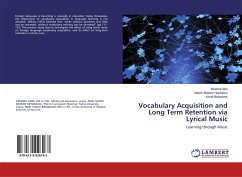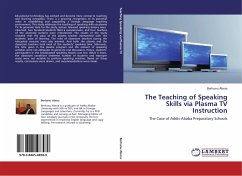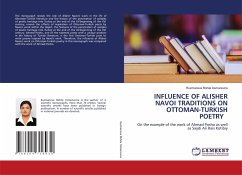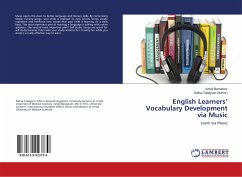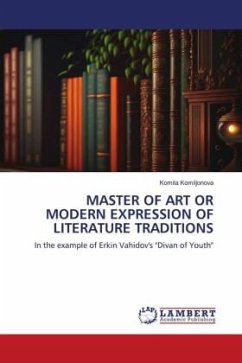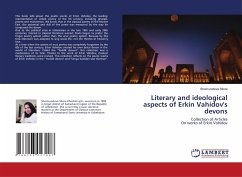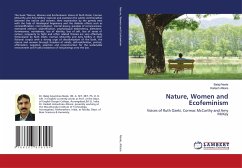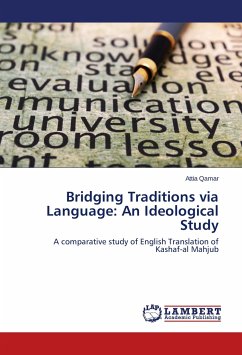
Bridging Traditions via Language: An Ideological Study
A comparative study of English Translation of Kashaf-al Mahjub
Versandkostenfrei!
Versandfertig in 6-10 Tagen
24,99 €
inkl. MwSt.

PAYBACK Punkte
12 °P sammeln!
Translation is not an easy job. It does not only deal with the exchange of surface information of the source language to target language but it is also the exchange of the cultures. Every language varies from the other at grammatical, syntactic, semantic, textual, pragmatic, cultural and ideological levels. Source text is always having a contextual value. This value in the process of translation appears to be untranslatable. The social, linguistic, political, religious and ideological differences and boundaries are the problems faced by the translator. Difference in the ideology of the transla...
Translation is not an easy job. It does not only deal with the exchange of surface information of the source language to target language but it is also the exchange of the cultures. Every language varies from the other at grammatical, syntactic, semantic, textual, pragmatic, cultural and ideological levels. Source text is always having a contextual value. This value in the process of translation appears to be untranslatable. The social, linguistic, political, religious and ideological differences and boundaries are the problems faced by the translator. Difference in the ideology of the translator and Source language make the realities different in the process of translation. Here, the ideology of the translator becomes crucially important. This research presents how ideology in its many facets is conveyed and presented in translation. It focuses on how ideologies affect the choice of strategy in the process of translation and what strategies are being employed by the translator in the translation of religious texts. It brings a new way of exploring translated texts.



